All Stories
-
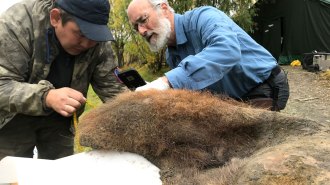 Genetics
GeneticsFreeze-drying turned a woolly mammoth’s DNA into 3-D ‘chromoglass’
A new technique for probing the 3-D structure of ancient DNA may help scientists learn how extinct animals functioned, not just what they looked like.
-
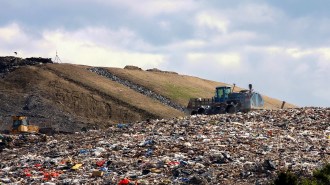 Environment
EnvironmentLandfills belch toxic ‘forever chemicals’ into the air
An analysis of samples from three Florida landfills shows that landfill gas can carry more PFAS than the liquid that leaches from the waste.
By Nikk Ogasa -
 Health & Medicine
Health & MedicineBreastfeeding should take a toll on bones. A brain hormone may protect them
The hormone CCN3 improves bone strength even as breastfeeding saps bones of calcium, a study in mice shows.
By Claire Yuan -
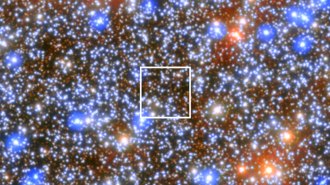 Astronomy
AstronomyA middleweight black hole has been spotted for the first time in our galaxy
The rare find, discovered in the star cluster Omega Centauri, could offer clues to how black holes and galaxies evolve.
-
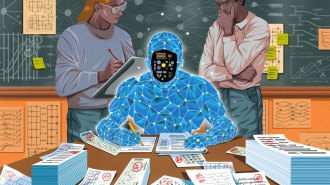 Artificial Intelligence
Artificial IntelligenceAI’s understanding and reasoning skills can’t be assessed by current tests
Assessing whether large language models — including the one that powers ChatGPT — have humanlike cognitive abilities will require better tests.
By Ananya -
 Environment
EnvironmentThe world has water problems. This book has solutions
The Last Drop tackles global water problems and explores how humans can better manage the precious resource.
-
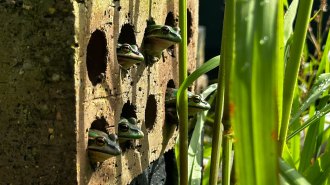 Animals
AnimalsTiny saunas help frogs fight off chytrid fungus
Balmy shelters could bolster resistance to the deadly fungus in amphibian populations, but experts caution they won’t work for all susceptible species.
By Skyler Ware -
 Health & Medicine
Health & MedicineHow doctors can help demystify birth control amid online confusion
There’s a larger takeaway from some social media content about hormonal birth control side effects: People aren’t getting the information they need.
-
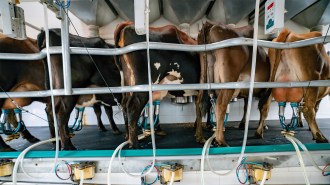 Health & Medicine
Health & MedicineBird flu viruses may infect mammary glands more commonly than thought
H5N1 turning up in cow milk was a big hint. The virus circulating in U.S. cows can infect the mammary glands of mice and ferrets, too.
-
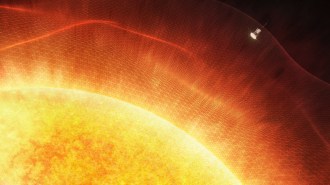 Space
Space50 years ago, scientists were gearing up to hurl a probe at the sun
The Helios mission provided key insights into the sun. Now, NASA’s Parker Solar Probe has taken up the mantle, giving scientists unprecedented views of the star.
-
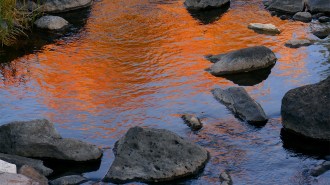 Environment
EnvironmentFederally unprotected streams contribute most of the water to U.S. rivers
A 2023 U.S. Supreme Court ruling that ephemeral streams aren’t protected by the Clean Water Act could have sizable ripple effects, a study suggests.
By Claire Yuan -
 Cosmology
CosmologyStrange observations of galaxies challenge ideas about dark matter
A new look at how light bends as it travels through the universe could point to an alternative theory of gravity.
By Adam Mann